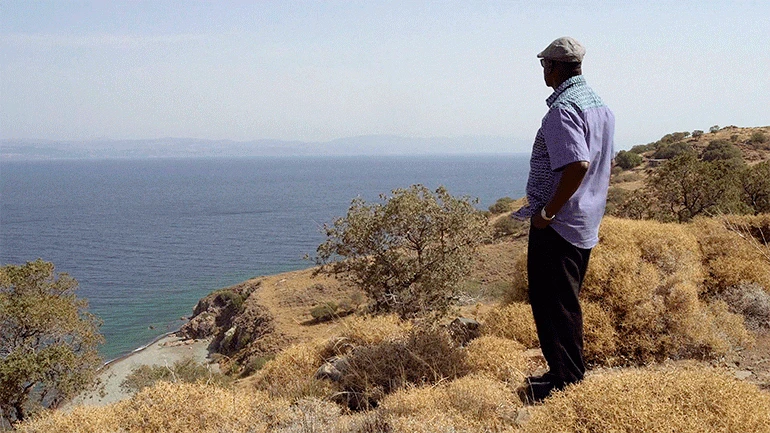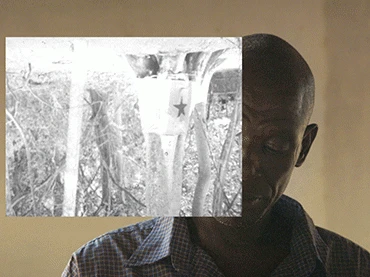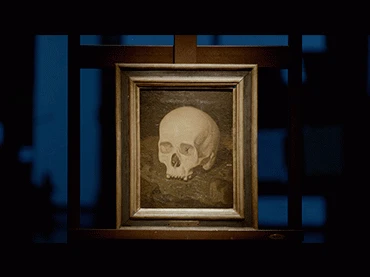The latest edition of Intervals, a programme which screens recent film work, presents An Opera of the World by film-maker and cultural theorist Manthia Diawara (Bamako, Mali, 1953). The film melds opera and documentary genres, reflecting on the historical relationship of migration and displacement between Africa and Europe in successive refugee crises.
An Opera of the World is based on the African opera Bintou Were, A Sahel Opera, composed by Zé Manel Fortes and presented in Bamako in 2007, which relates a never-ending migratory drama in the form of a lyrical epode. For Diawara, the opera works as a mirror, where music and dance trace a history around the contemporary yet timeless drama of migration between North and South and ongoing refugee crises, with his film blending the form of a highbrow European opera with popular African oral story-telling, reflecting, through this encounter, on the reality of cultural crossovers through miscegenation and hybridisation. This act of African opera is also accompanied by images from a vast archive of past and present migrations — for instance accounts of those in Lesbos — as well as interviews with European and African intellectuals, artists and social activists, for instance Alexander Kluge, Fatou Diome, Nicole Lapierre and Richard Sennett.
“An Opera of the World”, in the words of Manthia Diawara
I wanted to achieve two goals in making An Opera of the World. Firstly, to be faithful to the spirit of the original Bintou Were, A Sahel Opera. I wanted to show that it is a visionary work of art, which tests our commitment to such concepts as human rights, hospitality, empathy and human dignity. As Glissant would put it, we are increasingly in danger of losing our capacity to tremble with the trembling of others, the migrants.
An Opera of the World was also about testing the power of the opera genre to break boundaries, to go from culture to culture, continent to continent; if not by changing the form of traditional opera, then at least by changing its elements. Thus, we played with the elements of the original opera by changing some and omitting others. We deliberately interchanged African and European arias, and we made African migrants interchangeable with Asian and European migrants.
My second goal with An Opera of the World was to build a meeting point between the genre of opera and the medium of film and see what new meanings emerge out of that porosity of borders, transgression of frontiers between Africa and the rest of the world. I wanted to ask if film can be the new opera medium par excellence: because of the easy access the masses have to it, and because it is the perfect vessel for carrying several contradictory emotions at the same time.
For me, the experience of collapsing opera and film – the classical and the profane – was not only a way to enrich my filmic vocabulary, but also a gesture towards the liberation of the genre of opera from its classical and ‘sacred’ environments in the West. Thus the project gave me an opportunity to deliver operatic emotions on screen, by combining African and European songs, without placing hierarchies between them; by interlacing sacred and popular songs and placing them over images from Africa, Asia and Europe, without interrupting the emotional state of the spectators.



![Tracey Rose, The Black Sun Black Star and Moon [La luna estrella negro y negro sol], 2014.](https://recursos.museoreinasofia.es/styles/small_landscape/public/Obra/AD07091_2.jpg.webp)



